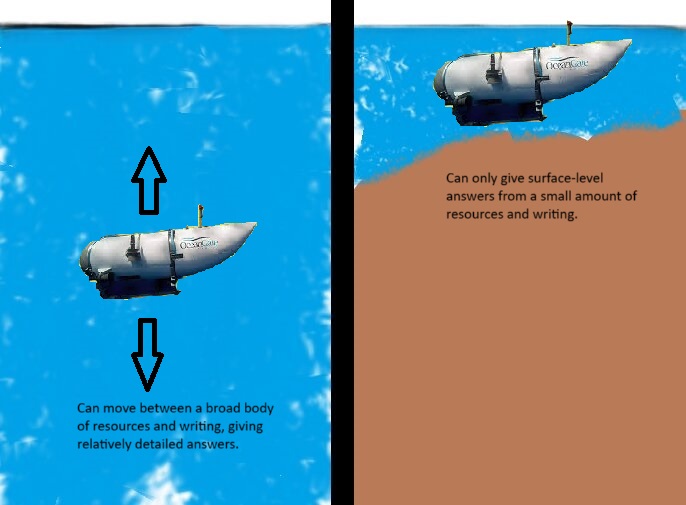We are currently living in a world of rapid and continuous technological development and arguably one of the most substantial changes to the modern world is that of information. In this course there are students from a wide variety of different majors and programs, my own program is biochemistry. Now, biochemistry might not seem to be fully relevant to the subject of digital media literacy, but I would argue that media literacy is still a crucial topic for me. In a world that has accelerated the ease of access for mounds of information it is exceptionally important to understand, create, and evaluate modern media ethically.
Last month, I managed to catch the interview with the creator of SIFT technologies, Mike Caulfield. The content of much of his authorship, and of his interview, was concerned with the topic of online misinformation, more specifically how to spot it and avoid incorporating it into any of your writing or academic endeavors. His talk not only included how to spot misinformation online but also some history on how people perceived the internet would change things when it was first ‘coming onto the scene,’ so to speak. I found the content of the talk reassuring. Sure, there is plenty of misinformation online, and many of the sources you may find on the internet may not be entirely reliable, but you can still sift fact from fiction if you know how to examine a source critically.
One of the sections of the talk that I found most interesting was Mike speaking on artificial-intelligence tools currently being developed. I expected him to dismiss AI as an ineffective tool for research, and to be fair he did express that it had limitations (you shouldn’t use it to write a blog post, for example), but he said that it was possible to use AI ethically. He said that you coul use software like ChatGPT to give a decent overview of topics that already had a broad pool of research, but was less useful for subjects that a shallow body of knowledge. He made the interesting metaphor of a submarine moving through deep water when a broad swath of knowledge is accessible as opposed to the shallows, artist’s renditions available below.

Overall, the talk gave me a better understanding of misinformation online. I would say some of the most useful material advice was to pay close attention to any sources that you use, and understand where a claim comes from originally. He also gave several insightful clarifications on AI, both its uses and limitations. I would say that I came from the talk feeling optimistic about my place in the digital landscape.